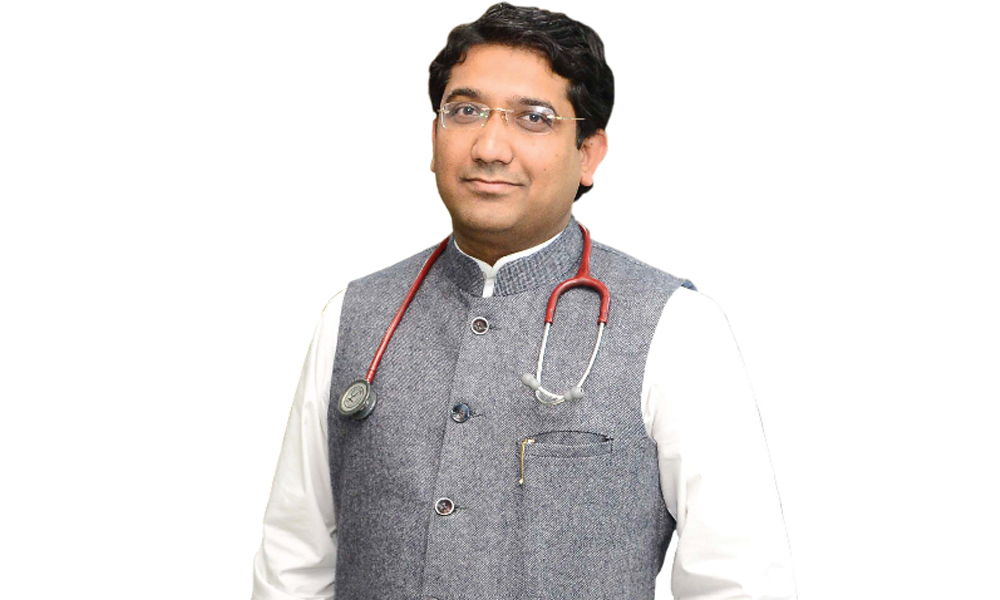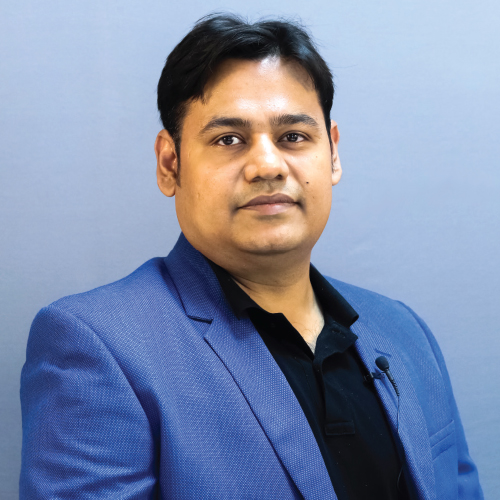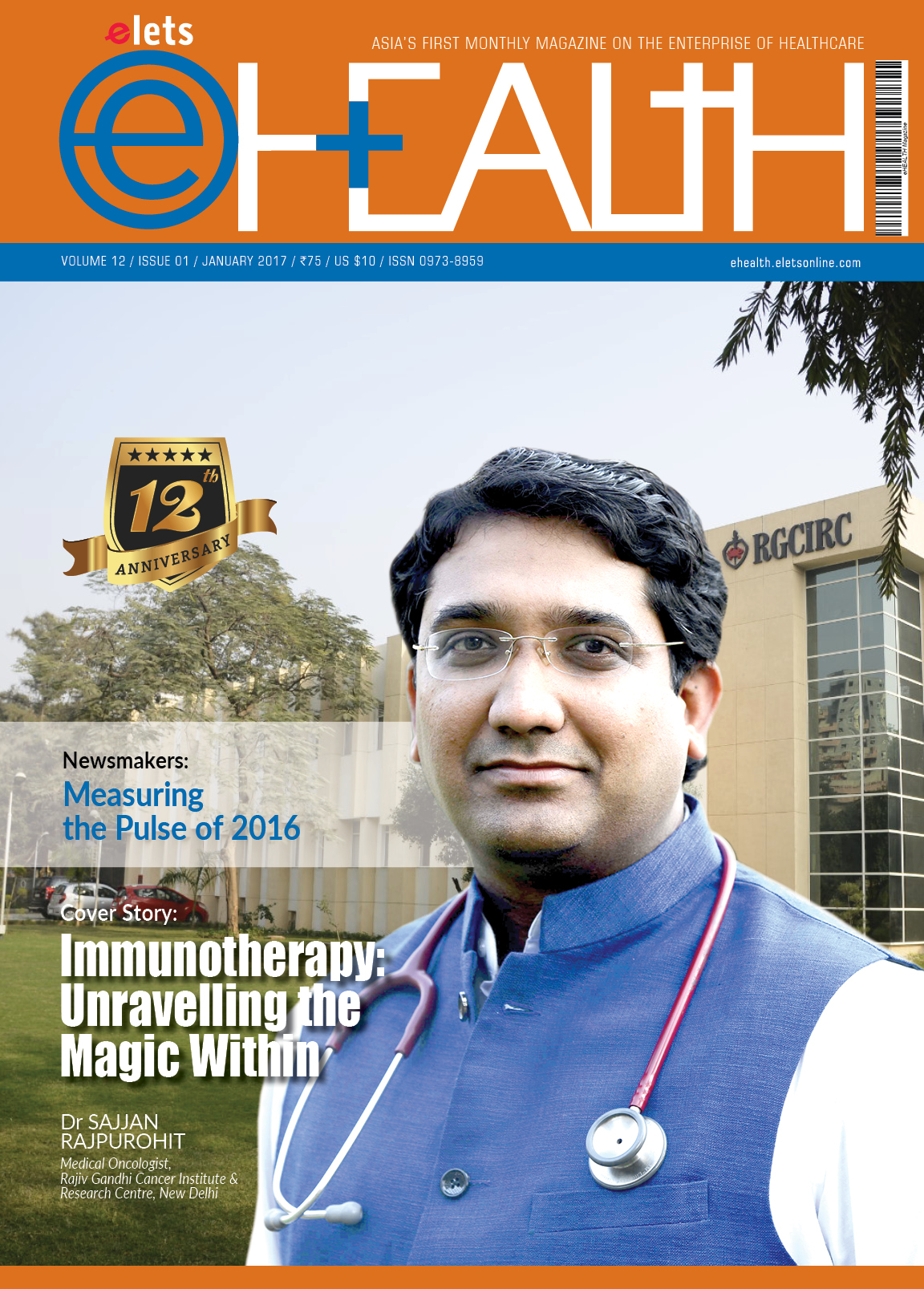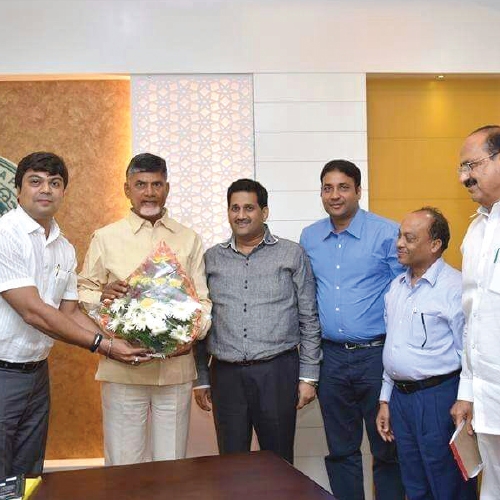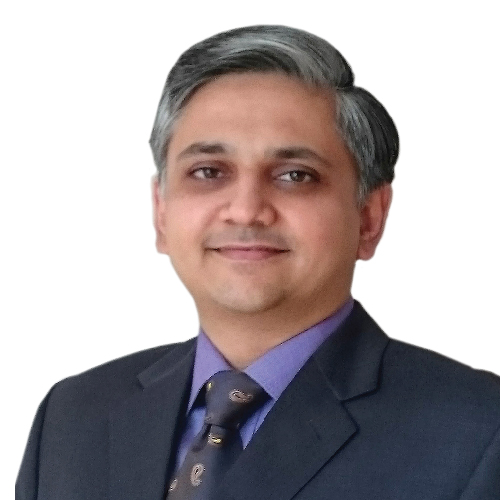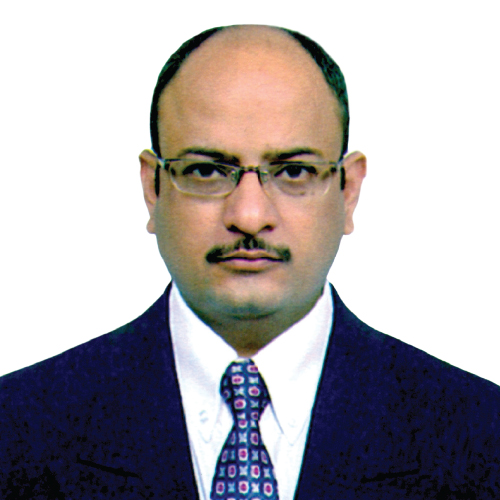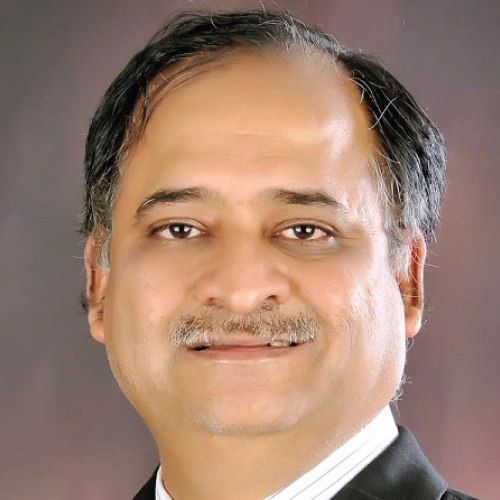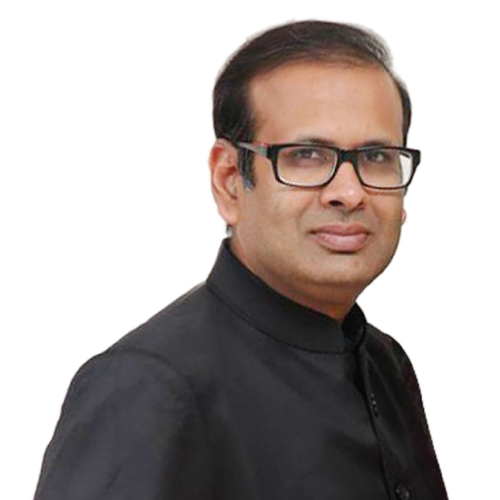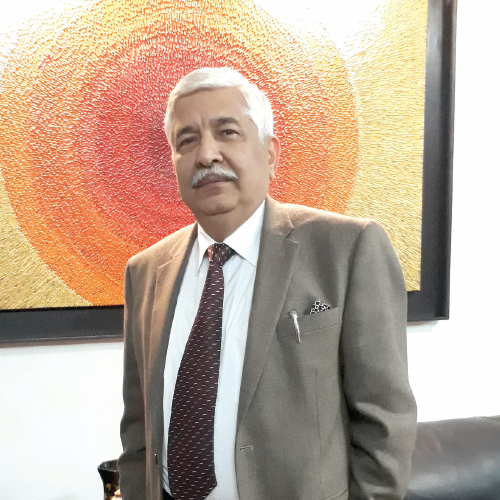
Sanjay Gandhi Post Graduate Institute of Medical Sciences (SGPGIMS), Lucknow, is a premiere tertiary care institution delivering affordable quality healthcare to millions of people in Uttar Pradesh and north India. With plans afoot to further transform the institute into a world-class facility, Prof. Rakesh Kapoor, Director, SGPGIMS, and Associate Professor Dr Rajesh Harsvardhan from SGPGIMS Hospital Administration speak to Arpit Gupta of Elets News Network about how the institutes existing facilities are set to receive a major boost. Excerpts:

What do you plan to achieve in 2017 in terms of improving healthcare facilities?

Sanjay Gandhi Post Graduate Institute of Medical Sciences (SGPGIMS)-Lucknow is a tertiary care institution. Its a full-fledged super specialty hospital. In 2017, we aim to further strengthen the existing facilities by procuring more equipment, expanding treatment facilities and increasing number of beds. Since we are a referral centre, we get a lot of patients in need of emergency tertiary care services which requires world-class facilities. I have set a target to implement four major projects “ an emergency medicine department, a renal transplant centre, a liver transplant facility and robotic surgery.
My first plan is to form an emergency medicine department to be a 280-bed department to treat critical patients. For example, if a heart attack patient is referred to us, we would be having a cardiac suite where immediately we can treat the patient. The department will be equipped with all facilities to treat patients having a stroke, or gastro problem like bleeding, or patient with dengue or swine flu.
The second plan is to have a renal transplant centre. At the moment, in north India, barring Delhi, we are the only centre doing renal transplant. Despite receiving 1,000 referral cases per year, we are able to do only about 130 transplants a year. Causing a waiting period is six to eight months at times. The renal transplant centre would be equipped with dialysis facility. It will enable us to treat more patients with chronic renal failure.

My third plan is to develop a world-class facility for liver transplant. Initially, we started doing liver transplants but could not carry it for long. With building and infrastructure ready and I am going to invest in the equipment for liver transplant. We hope to succeed in our endeavour.
The fourth plan is to start performing robotic surgery to keep pace with innovations happening in this field. Once we have the equipment in place, we will go ahead with this plan.
What is your plan to expand the services to benefit more people? Also, whats your take on medical tourism?
We will soon shift to a new OPD complex. We are planning to have a 180- bed daycare ward in the old OPD complex. This will help us increase patient intake and treat more people.
We get a lot of patients from Bangladesh, Nepal, Middle East and other neighbouring countries. But we are unable to promote medical tourism due to long waiting list of patients. If a patient comes to us for medical tourism, he would expect immediately admission and treatment which is not possible given our limitations.
Please tell us about key R&D initiatives the hospital has undertaken?
We have to focus a lot of our attention on patient care but research is also one of our primary mottos. We are doing more research on issues related to patient care. For example, ours is one of the primary centres in the country for Hepatitis E. We have come up with a lot of good papers on Hepatitis E and we are providing valuable inputs to other hospitals too.
Please tell us about your plans on collaborating with the Indian Institute of Technology (IIT).
We are coming up with an ambitious project in collaboration with the Indian Institute of Technology (IIT). We are trying to develop some new instruments and gadgets to give a boost to Prime Ministers Make in India initiative, which will make healthcare affordable and within the reach of all.
Prime Minister Narendra Modi is quite clear that we should adopt local innovations. We are dependent on Western countries and multinational companies for supplies of healthcare devices. Through this initiative, we can come up with our own cheaper versions.
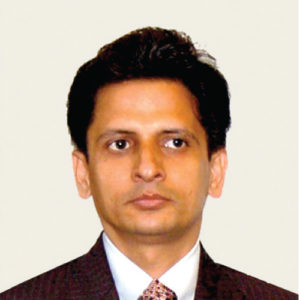
As a premier tertiary hospital in Uttar Pradesh how is SGPGIMS contributing to improve healthcare delivery system in the state?
SGPGIMS, an autonomous super specialty institute of international repute, has left an indelible imprint on the medical landscape of the country. It is only second exclusive post graduate institute (no UG programmes) rendering healthcare to the populace of the country and even beyond, covering almost all medical super specialties supported by cutting edge technology.
SGPGIMS being at the apex of healthcare pyramid in Uttar Pradesh has been improving healthcare delivery by adopting three pronged strategy “ research, capacity building and direct patient care. Through research, the institute augments and advances treatment modalities or designs new patterns of care. SGPGIMS builds capacity by virtue of its well knit post-doctoroal and post-graduate programmes under the stewardship of Dean Prof. Rajan Saxena. The institute renders direct patient care to millions of people with the help of its wide network of OPD/IPD/ERS/day care/advance labs.
What are the key healthcare services being offered at SGPGIMS? Can they be expanded?
SGPGIMS is offering super specialty services through its over 30 super specialty academic departments manned by & faculty of international repute who are leaders in their respective fields and an array of diagnostic, interventional and therapeutic arms.
A new OPD block is on the verge of commissioning and soon there will be a separate emergency block, which will augment efficiency and expand the range of services.
Being a state-run institution, how the hospital ensures quality of its services are maintained at par with private providers?
SGPGIMS is committed to quality. Since its inception, the institute has been foraying into several newer vistas. It has many firsts to its credit and it carved many new departments which were not available anywhere else in the country. It never believed in rampant growth.
SGPGIMS, for the first time in public sector healthcare, introduced HIS which highlights its commitment to quality. The institute conducts many healthcare audits. Recently, the Department of Hospital Administration conducted a study along different parameters of patient safety. Further, SGPGIMS administration has recently approved, in principle, the proposal to establish a patient safety cell under Medical Superintendent Prof. Amit Agarwal.
Which ICT initiatives SGPGIMS has undertaken to improve operational efficiency and increase its mass reach?
SGPGIMS has established countrys first National Nodal Tele-medicine Centre, which has been contributing to the cause of mass outreach. Further, SGPGIMS has a department of Health Informatics taking care of ICT activities.
The entire interface between patient and healthcare delivery is online. It includes patient registration, discharge, investigations and payments. SGPGIMS has introduced the pneumatic tube system for transport of samples from point of collection to various laboratories for analysis, which is another first among government healthcare organisations in the country. The Examination Cell also has an operational online system.
Be a part of Elets Collaborative Initiatives. Join Us for Upcoming Events and explore business opportunities. Like us on Facebook , connect with us on LinkedIn and follow us on Twitter , Instagram.


